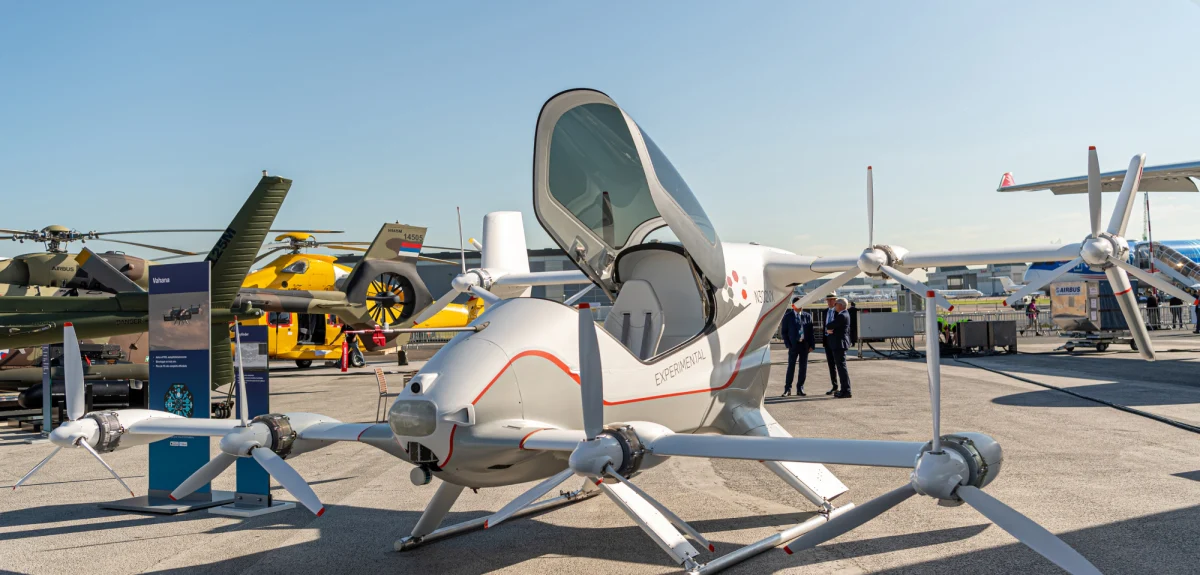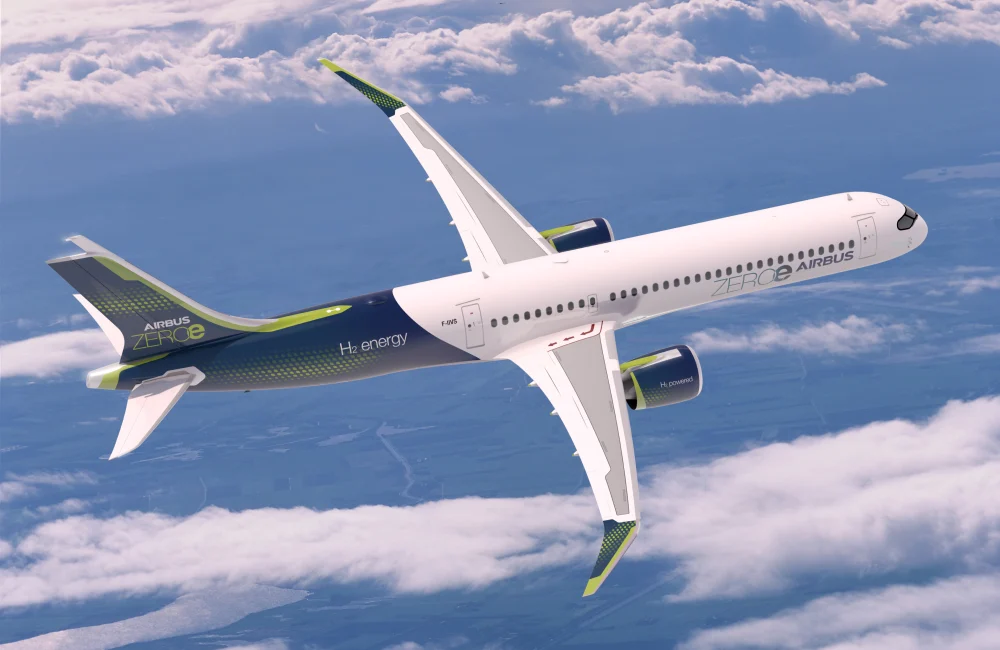
SAS and Airbus have electric dreams
A journey towards electric aircraft.
The emergence of small electric planes will not only change the face of urban mobility, they’ll also serve as a testing ground for new electric flight technologies which, if successfully scaled up, will mean that passenger planes of the 2030s could be electric too. That’s an industry trend that aligns seamlessly with SAS’ longstanding commitment to sustainable air transport and specifically to its ambition to reduce emissions by 25% by 2025, mainly through fleet modernization and the increased use of biofuels.
Putting that ambition into practice, SAS and Airbus have signed a memorandum of understanding whereby the two companies will collaboratively research and assess the opportunities and challenges regarding airline operations and infrastructure linked to the wide-scale introduction of new hybrid-electric aircraft.
SAS customers, and society at large, are demanding developments toward considerably lower emissions and this fits very well into our journey, whereby sustainable biofuels will bridge the gap toward electrification. We see that electric aircraft in the beginning will have great potential on shorter routes, but of course, this is also the first step toward increased electrification of long-haul aircraft, though those may be further down the development curve in the future.

HybriD-electric aircraft engines, powered by an onboard generator fueled by a combination of biofuel and supported using electric batteries for power storage, could also be a stepping stone toward fully electric airliners. As for the timescale for implementation, the next generation of short-haul airliners could be used on domestic and regional flights.
To contextualize the progress of electric planes, in 2015, Airbus flew the original twin seater E-Fan, an electric plane used for training pilots, across the English Channel, a milestone that enabled Airbus to plan the next evolutionary steps toward mainstream electric aviation. By the 2030s, we believe it will be possible to fly 100-passenger hybrid electric aircraft. This is a goal that Airbus is working towards very seriously.
We want to be able to fly people with zero emissions, initially on inter-European routes and eventually on long- range aircraft. That’s important since we recognize there’s a societal expectation for us to meet those targets.
Text by Paul Sillers